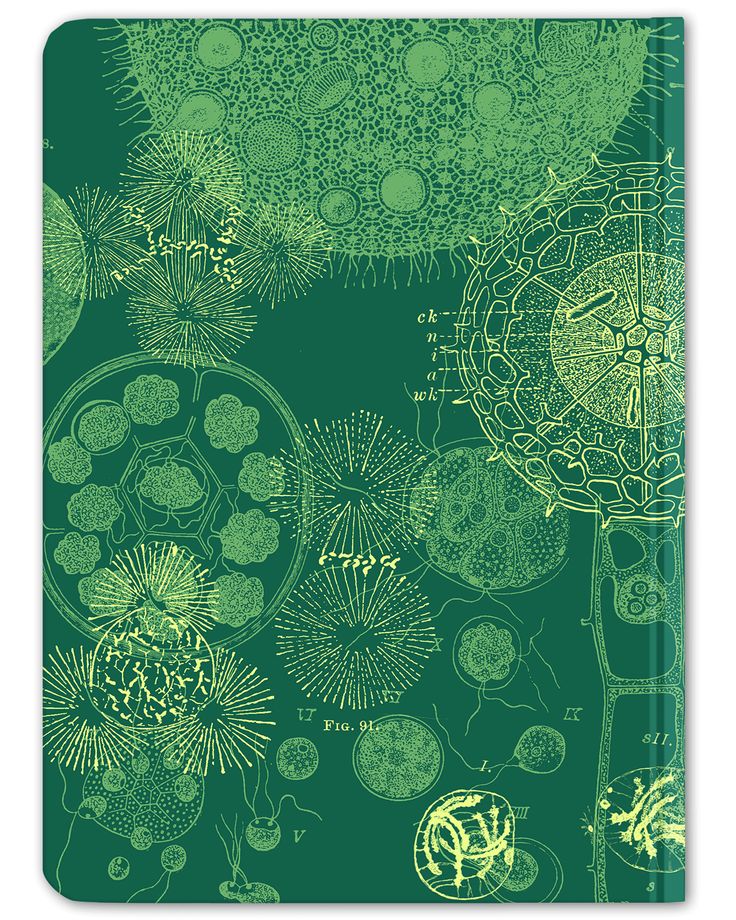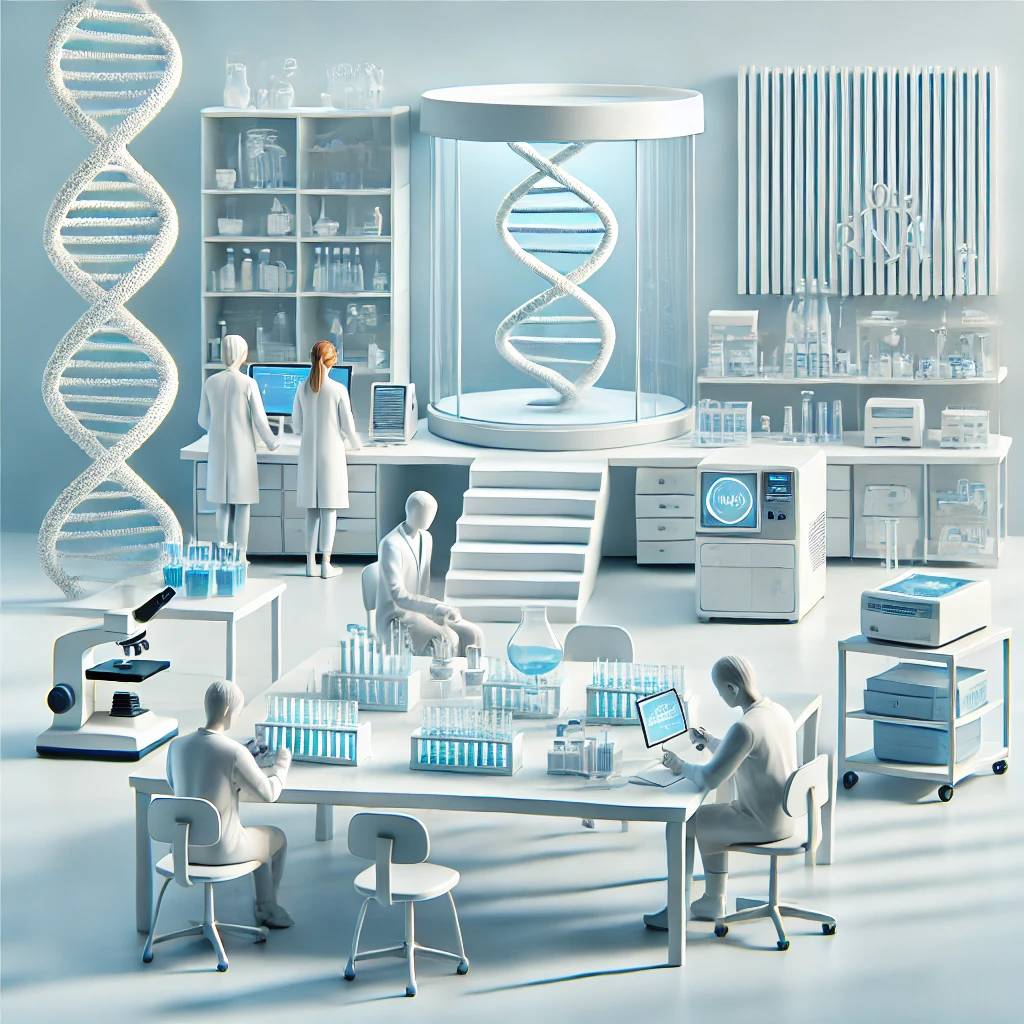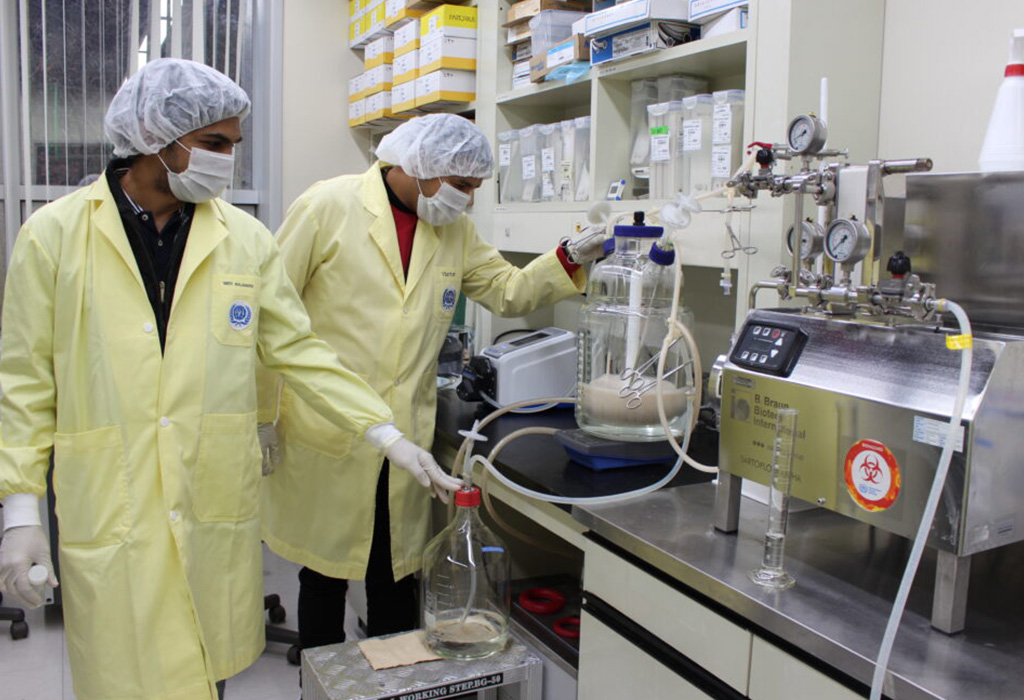The prognosis was not good when Lucas was diagnosed with a rare form of brain cancer when he was only six years old. Jacques Grill, a French physician, vividly recalls the painful moment when he informed Lucas’s parents that their son’s condition was critical. Nevertheless, seven years later, Lucas defies the odds and succeeds. According to the researchers that treated him, he is the first child in the world to have been cured of brainstem glioma, a particularly severe form of cancer. He was just 13 years old when he was cured.
According to Dr. Grill, who is the head of the brain tumour programme at the Gustave Roussy cancer institute in Paris, “Lucas beat all the odds.” Nearly three hundred children in the United States and as many as one hundred children in France are diagnosed with the cancer, which is referred to as diffuse intrinsic pontine glioma (DIPG) in the scientific community. In spite of tremendous breakthroughs in the treatment of juvenile cancer, the prognosis for individuals who have been diagnosed with DIPG remains dismal, with the majority of kids not living for more than a year after receiving their diagnosis. There is currently no treatment that has been shown to be effective against the tumour, but radiotherapy can temporarily delay the progression of the disease.
Lucas and his family went on a unique journey when they travelled from Belgium to France in order to take part in the BIOMEDE experiment, which has the purpose of evaluating potential new medications for DIPG. The progress that Lucas made as a result of his strong response to the cancer medicine enviroximes, which he was randomly assigned, stunned the medical professionals who were treating him. As a series of MRI scans revealed that the tumour had completely vanished, Dr. Grill watched in surprise as the results were disclosed.
Nevertheless, the enigma that surrounds Lucas’s complete recovery continues to exist. In spite of the fact that seven other children in the trial also survived years after receiving their diagnosis, Lucas’s story stands out since his cancer completely disappeared. Specifically, Dr. Grill credits this to the “biological particularities” of individual cancers, pointing out that Lucas’s tumour included an extraordinarily unusual mutation that made its cells especially responsive to the medicine.
In an effort to recreate Lucas’s situation, researchers are currently conducting research on the genetic anomalies that are present in patients’ tumours and developing tumour organoids in the laboratory. Marie-Anne Debily, a researcher who is in charge of supervising the laboratory work, highlights the optimism that Lucas’s situation provides in terms of the possibility of discovering viable treatments for DIPG.
Despite the fact that this new lead is surrounded by hope, prudence dominates. Dr. Grill cautions that the process of producing a medication that is effective is still a lengthy one, with an average of ten to fifteen years elapsed between the discovery of a drug and its approval. In spite of this, David Ziegler, a paediatric oncologist, is optimistic about the transformative potential of continuing breakthroughs and clinical studies such as BIOMEDE.
This tale of Lucas exemplifies the qualities of resiliency and hope, and it serves as a guiding light for youngsters who are suffering this debilitating disease. The journey that Lucas has taken serves as a tribute to the strength of tenacity and partnership in the fight against children cancer. This is especially true that research is still ongoing.





